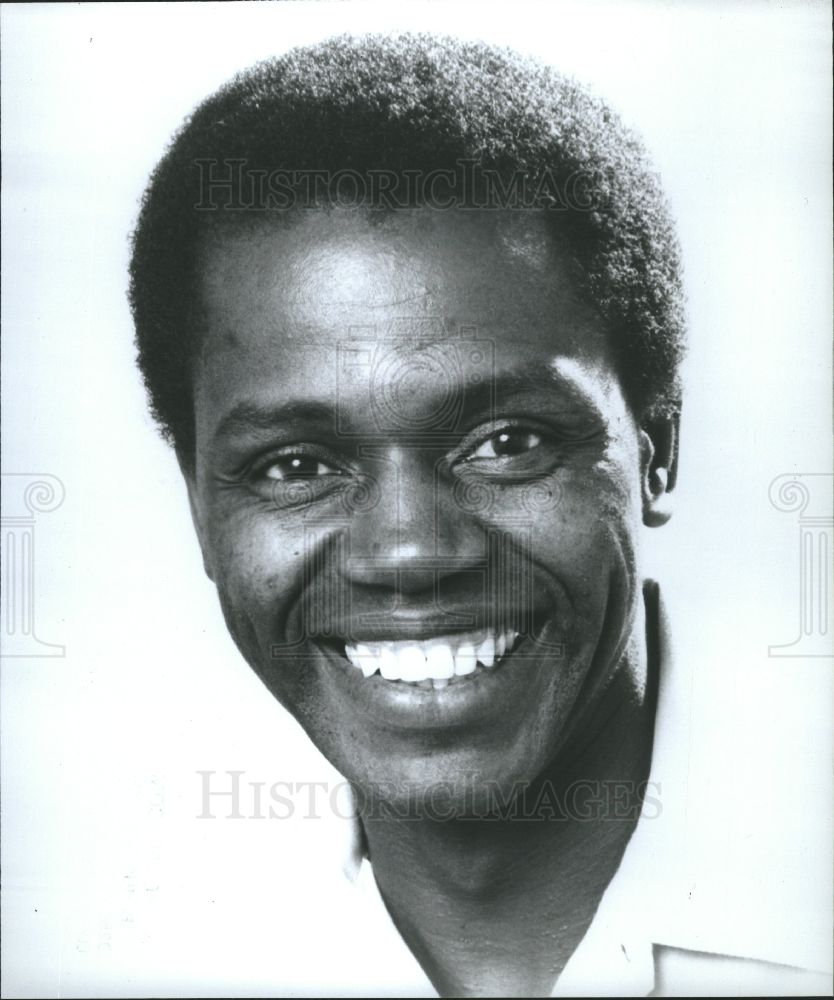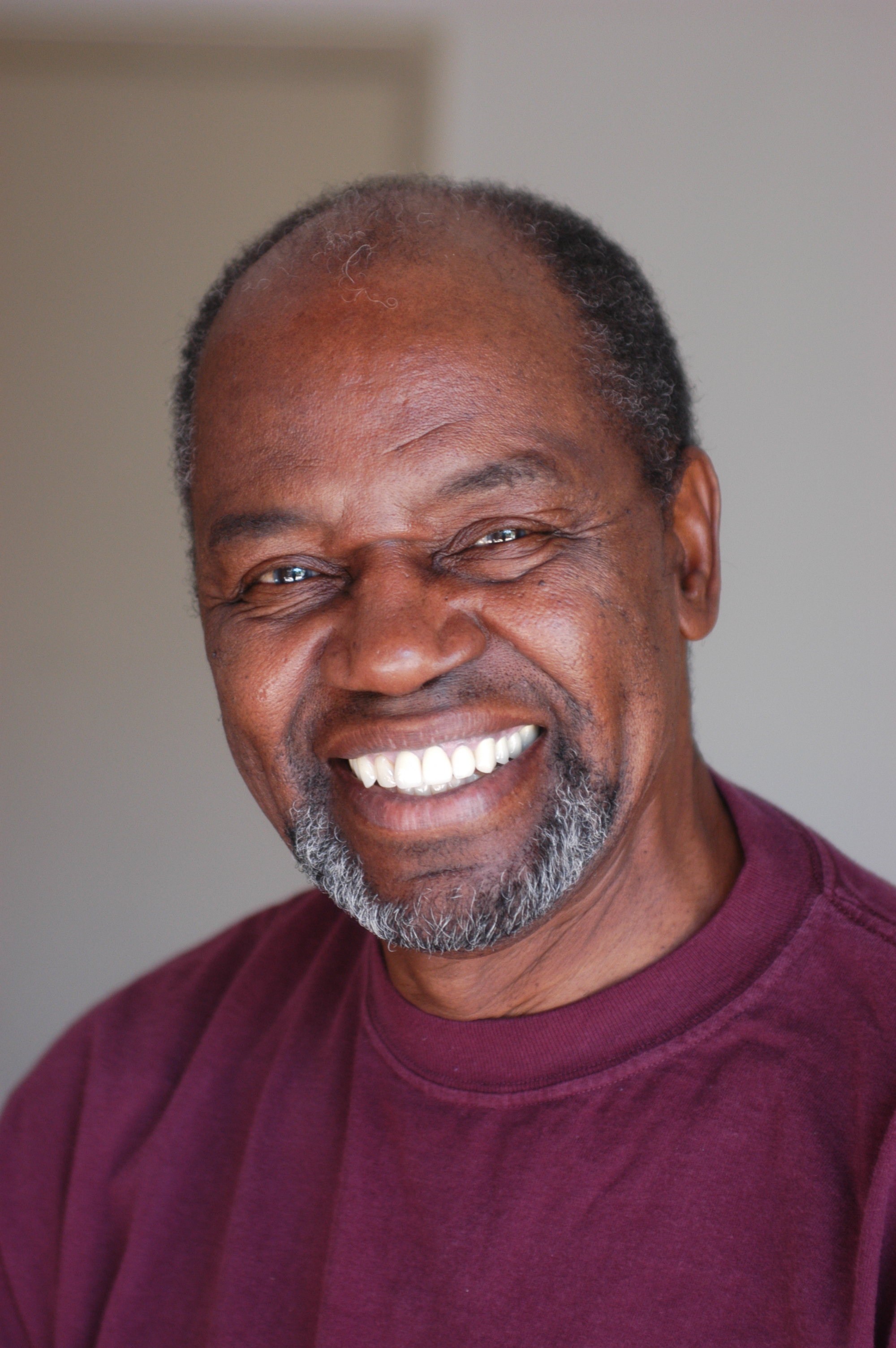Albert Hall: Movies, Shows & More - Your Ultimate Guide
Could a single role define a career, even one filled with memorable performances across decades? For Albert Hall, the answer, perhaps surprisingly, is yes though it's a testament to the impact of his portrayal of Chief Phillips in Francis Ford Coppola's masterpiece, Apocalypse Now.
Born on November 10, 1937, in the small town of Brighton, Alabama, Albert Hall has cultivated a long and distinguished career as an American actor. He has brought his unique talents to both the silver screen and the television screen, gracing audiences with performances that are as nuanced as they are unforgettable. Though his name might not always be the first to roll off the tongue, his face and the characters he's embodied are instantly recognizable to film and television enthusiasts alike.
| Category | Details |
|---|---|
| Full Name | Albert W. Hall |
| Date of Birth | November 10, 1937 |
| Place of Birth | Brighton, Alabama, USA |
| Occupation | Retired Actor |
| Education | Columbia University (graduated 1971) |
| Known For | Chief Phillips in Apocalypse Now, Judge Seymour Walsh in Ally McBeal and The Practice |
| Notable Roles | Brother Baines in Malcolm X, various TV and film appearances. |
| Years Active | Late 1960s present (retirement) |
| Associated With | Francis Ford Coppola, Spike Lee |
| Trivia | Appeared on You Bet Your Life with Groucho Marx in 1955, prior to his acting career. |
| Official Website (Reference) | IMDB Page |
Hall's journey into acting wasn't a sudden revelation, but a gradual unfolding. He started his career in the late 1960s, navigating the landscape of television movies and series. Like many actors, he initially found himself in smaller parts, roles that served as stepping stones to something more significant. But these early experiences were crucial, laying the groundwork for the later, more impactful roles that would come to define his career. It was a slow burn, a testament to the patience and persistence required in the entertainment industry.
One of the cornerstones of Hall's legacy is his portrayal of Chief Phillips in Apocalypse Now (1979). The film, a harrowing exploration of the Vietnam War, features a sprawling cast of talented actors, but Hall's performance stands out. He brought a quiet intensity, a sense of weary authority, to the character. His work wasn't about grand gestures or sweeping pronouncements; it was about conveying the weight of command, the moral complexities of war, and the subtle nuances of human interaction, all within the confines of a brutal and chaotic environment.
The role of Chief Phillips remains a touchstone for audiences and critics alike. Its a role that has been consistently praised over the years for its depth and authenticity. In the film's chaotic world, Hall's character provides a grounding presence, a stark reminder of the human cost of conflict. His performance is a masterclass in understatement, conveying a world of emotion and experience with every subtle shift in expression and tone.
Beyond Apocalypse Now, Albert Hall demonstrated his versatility by embracing a variety of roles. He moved with ease between the big screen and television, appearing in iconic films like Spike Lee's Malcolm X (1992), where he played Brother Baines. He also brought his talent to the small screen, portraying Judge Seymour Walsh in the popular series Ally McBeal and The Practice. These recurring roles showcased his ability to inhabit characters with both intelligence and sensitivity. He was consistently a reliable and compelling presence.
Halls contribution to the entertainment landscape extended beyond acting. He has also worked on producing documentaries, demonstrating his multifaceted involvement in the world of film and storytelling. This added layer to his professional profile, showcasing his dedication to the craft beyond simply appearing in front of the camera.
It's important to consider the trajectory of an actor's career, particularly one that spans several decades. Hall's path demonstrates the value of perseverance and adaptability. He didn't necessarily burst onto the scene as a major star, but built a solid reputation through consistent work and by inhabiting memorable roles. His career is a lesson in the power of sustained effort.
His impact on television should not be overlooked. The recurring roles in Ally McBeal and The Practice gave him a platform to further explore his acting abilities, providing an opportunity for longer character arcs. These roles showed the audience a different side of Hall's abilities. They offered him the chance to become a familiar face, cementing his place in the consciousness of television viewers.
It is worth noting that Apocalypse Now featured a talented ensemble cast, including Martin Sheen, Marlon Brando, and director Francis Ford Coppola. The film's enduring impact is a testament not only to the visionary direction but also to the performances of the actors, including Hall. The film remains a subject of study and discussion among film enthusiasts, and Hall's portrayal continues to be recognized as a significant contribution to the film's legacy. His work contributed significantly to the film's lasting power.
Beyond the realm of acting, a fascinating glimpse into Hall's early life surfaces. In 1955, before the acting career that many now associate with him, he appeared on the game show "You Bet Your Life", hosted by Groucho Marx. This appearance, though not directly related to his acting career, highlights a different side of his personality and the cultural landscape that shaped him. It demonstrates the multifaceted nature of his early life, predating the fame and recognition he would later achieve.
Albert Halls career serves as a potent reminder that true artistic impact doesn't always demand a starring role. Hall has made an impact through the strength and depth of his performances. His longevity and diverse body of work stand as a testament to his talent, dedication, and ability to connect with audiences across generations. Though retired, the legacy of Albert Hall, the actor, remains etched in the annals of film and television history.


